In 2020, the dictator of North Korea, Kim Jong-Un, ordered the confiscation of dogs owned by those living in the capital of Pyongyang because they had grown to represent ‘Western decadence’.
Apparently unaware humans have been keeping dogs as pets for more than 30,000 years, he decided that they were part of a ‘tainted trend within a bourgeois ideology’.
‘Ordinary people raise pigs and livestock on their porches, but high-ranking officials and the wealthy own pet dogs, which stoked some resentment [among the lower classes].
Already a subscriber? Log in
Subscribe for just $2 a week
Try a month of The Spectator Australia absolutely free and without commitment. Not only that but – if you choose to continue – you’ll pay just $2 a week for your first year.
- Unlimited access to spectator.com.au and app
- The weekly edition on the Spectator Australia app
- Spectator podcasts and newsletters
- Full access to spectator.co.uk

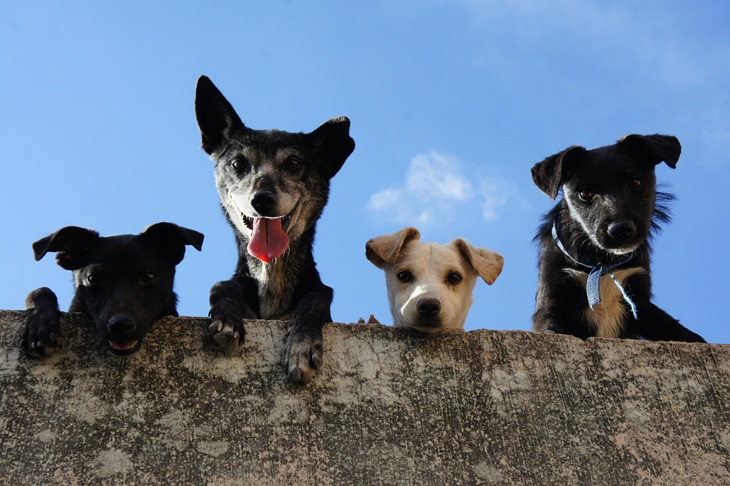
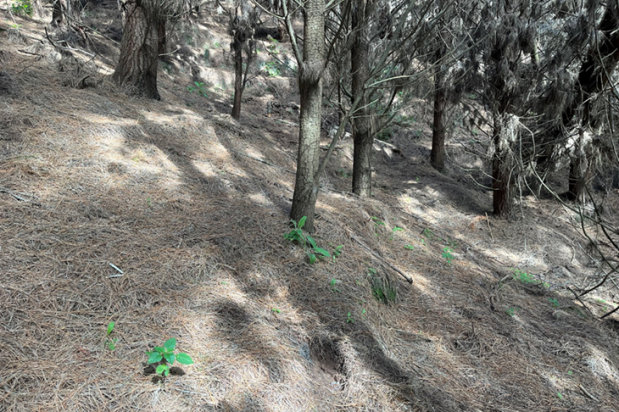
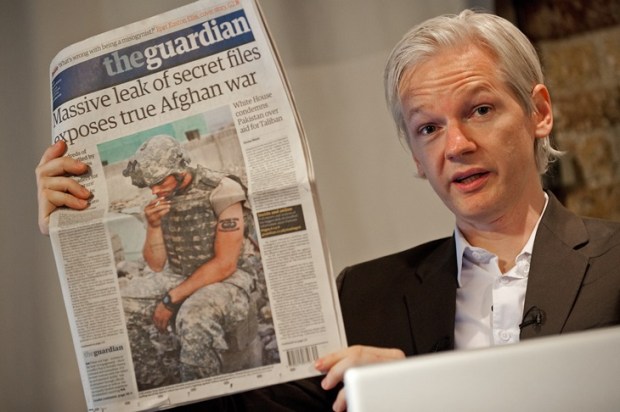

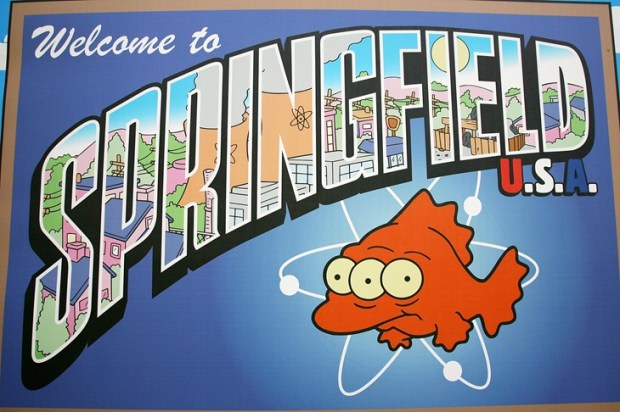
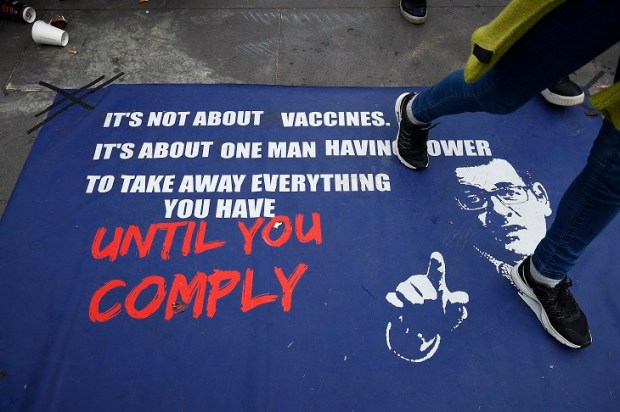



















Comments
Don't miss out
Join the conversation with other Spectator Australia readers. Subscribe to leave a comment.
SUBSCRIBEAlready a subscriber? Log in